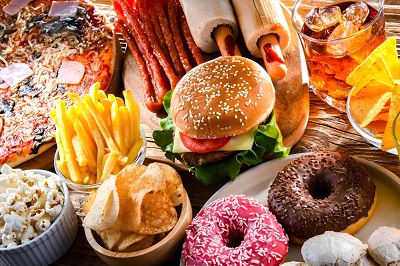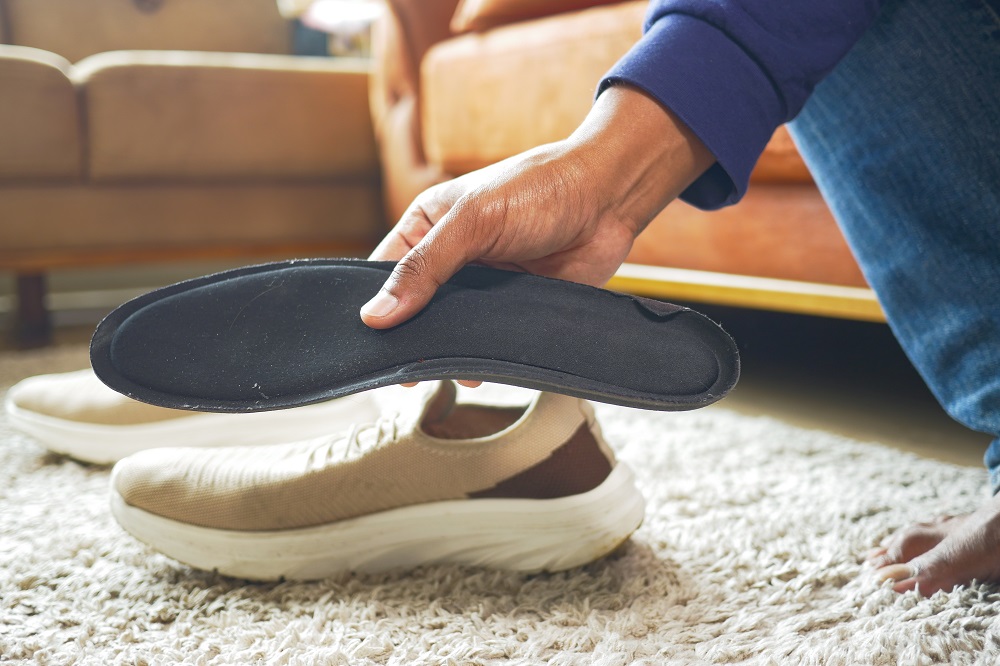
Living with diabetic foot ulcers requires careful attention to your diet, much like tending to a delicate garden. The foods you consume can either nurture your body’s healing process or hinder it significantly. Understanding which foods to avoid is crucial for promoting proper healing and preventing complications.
Understanding the Impact of Diet on Diabetic Foot Ulcers
When you’re dealing with diabetic foot ulcers, your body needs optimal nutrition to support healing. Poor food choices can significantly impact your recovery by affecting blood sugar levels, inflammation, and your body’s ability to repair damaged tissue. The relationship between diet and wound healing is complex but crucial to understand.
The Role of Blood Sugar Control
Maintaining stable blood sugar levels is paramount when dealing with diabetic foot ulcers. High blood sugar can damage blood vessels and nerves, making it harder for wounds to heal. It’s not just about avoiding sugar – it’s about understanding how different foods affect your blood glucose levels and making informed choices that support healing.
Inflammation and Healing
The foods you eat can either promote or reduce inflammation in your body. Chronic inflammation can slow down the healing process and make it more difficult for your ulcers to improve. By avoiding inflammatory foods and choosing anti-inflammatory alternatives, you can create an environment that supports healing.
Creating a Healing Meal Plan
The key to successful dietary management lies in planning. Working with a healthcare provider or registered dietitian can help you develop a meal plan that meets your nutritional needs while supporting ulcer healing. Focus on incorporating lean proteins, fresh vegetables, whole grains, and healthy fats into your daily meals.
The Importance of Proper Hydration
While focusing on foods to avoid, don’t forget about hydration. Drinking adequate water is crucial for wound healing and overall health. Aim to drink plenty of water throughout the day, while avoiding beverages that can dehydrate you or spike your blood sugar.
Nutritional Supplements and Healing
Sometimes, dietary changes alone may not provide all the nutrients needed for optimal healing. Discuss with your healthcare provider whether you might benefit from specific supplements to support wound healing. Common supplements might include vitamin C, zinc, or protein supplements, but these should only be taken under medical supervision.
Foods to Avoid Chart
| Category | Foods to Avoid | Why It’s Harmful | Better Alternatives |
|---|---|---|---|
| Sugary Items | • Sodas• Candy• Desserts• Sweet cereals | Spikes blood sugar, increases inflammation | • Fresh berries• Sugar-free gelatin• Whole grain cereals |
| Processed Snacks | • Potato chips• Packaged cookies• Microwave popcorn | Contains harmful preservatives, lacks nutrients | • Fresh vegetables• Nuts• Seeds |
| High-Sodium Foods | • Canned soups• Processed meats• Fast food | Causes fluid retention, increases swelling | • Home-made soups• Fresh lean meats• Fresh vegetables |
| Refined Carbs | • White bread• White rice• Regular pasta | Quick glucose spikes, minimal nutrition | • Whole grain bread• Brown rice• Quinoa |
| Fatty Meats | • Bacon• Sausages• Fatty beef cuts | Increases inflammation, impairs circulation | • Lean chicken• Fish• Turkey |
| Fried Foods | • French fries• Fried chicken• Deep-fried snacks | High in unhealthy fats, increases inflammation | • Baked foods• Grilled lean meats• Steamed vegetables |
| Alcoholic Beverages | • All types of alcohol | Dehydrates body, affects blood sugar | • Water• Herbal tea• Sugar-free drinks |
| Caffeine-Rich Drinks | • Coffee• Energy drinks• Strong tea | Can cause dehydration, affects nutrient absorption | • Decaf coffee• Herbal tea• Water |
| AGE-Rich Foods | • Charred meats• Heavily roasted foods | Increases inflammation, slows healing | • Steamed foods• Lightly cooked meals |
| Ultra-Processed Foods | • TV dinners• Instant meals• Packaged snacks | Poor nutritional value, high in preservatives | • Home-cooked meals• Fresh ingredients |
Frequently Asked Questions
Q1: Can I ever eat these foods again, or must I avoid them forever?
While healing from diabetic foot ulcers, it’s best to strictly limit these foods. Once healed, you may be able to occasionally include small portions of some items, but always consult your healthcare provider first.
Q2: What are the best alternatives to sugary snacks when I’m craving something sweet?
Consider fresh berries, small portions of nuts, or sugar-free gelatin. These options satisfy cravings while supporting your healing process.
Q3: How long does it typically take to see improvement in ulcer healing after changing diet?
Most people notice improvements within 2-4 weeks of dietary changes, but healing times vary based on ulcer severity and overall health status.
Q4: Should I take nutritional supplements while avoiding these foods?
Discuss supplement needs with your healthcare provider, as individual requirements vary. Some people may need additional vitamins or minerals to support healing.
Q5: How can I tell if a processed food is truly harmful to my condition?
Check nutrition labels for sugar content, sodium levels, and artificial ingredients. As a general rule, if it has more than 5 ingredients or contains items you can’t pronounce, it’s best to avoid it.




